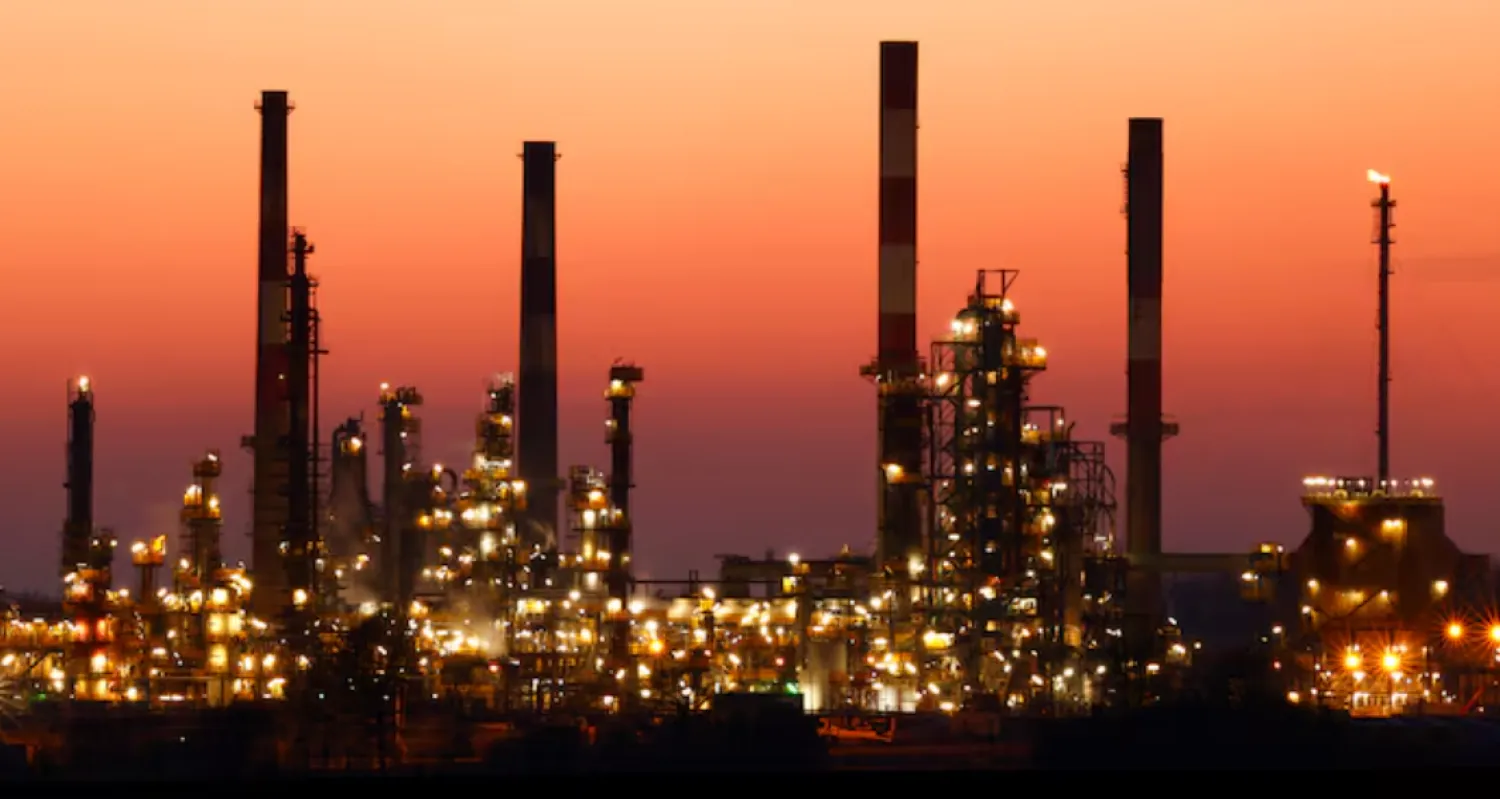Lebanese caretaker Energy Minister Raymond Ghajar has announced that the international consortium on oil and gas exploration will continue offshore operations under the leadership of France’s Total.
Recent reports indicated that Total has stopped exploration for oil and gas in Lebanon. However, Ghajar explained that the coronavirus pandemic and budget cuts have forced international oil companies to reduce exploration in most countries.
He indicated that it is difficult to maintain offshore explorations in light of the preventive measures taken to help limit the spread of the virus.
Ghajar confirmed that the exploration for gas by the consortium consisting of Total, Italy's Eni, and Russia's Novatec in blocks 4 and 9 has been extended to August 2022 after delays due to COVID-19 and the Aug. 4 Beirut port blast.
The companies presented their schedule and budgets for blocks 4 and 9 for 2021, including studies and data analysis in block 4 where an exploration well was drilled, as per the Exploration and Production Agreement (EPA).
They must also drill block 9 by the end of the first exploration phase.
The statement confirmed that the Energy Ministry and the Lebanese Petroleum Administration (LPA) are following up with the consortium on the implementation of the two projects in both blocks.
The port explosion caused damage to the logistical base designated for offshore gas exploration, noted the statement.
In 2018, Lebanon signed contracts for the first time with international companies, including Total, Eni, and Novatek to explore for oil and gas in blocks 4 and 9.
Block 9, which includes a disputed part with Israel, will not be included in the exploration although Lebanese officials pin high hopes on it to save the country from its worst economic crisis.









